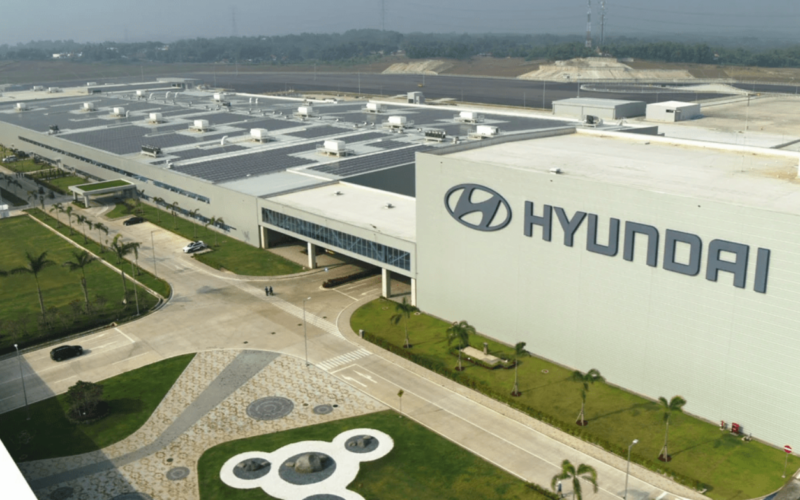
The strategic focus of South Korean automaker Hyundai Motor India is on localizing battery packs, which is essential to bringing down the cost of electric vehicles (EVs) in the nation. This action is a reaction to widespread scepticism about electric vehicles (EVs) and worries that their high cost will prevent their widespread adoption.
The current rate of electric vehicle (EV) penetration in the Indian market is less than 2%, according to Tarun Garg, Chief Operating Officer of Hyundai Motor India Ltd. Garg emphasizes that EV costs must go down in order for EV adoption to become widely accepted. He feels that cost is the main factor influencing EV adoption. He believes that localization is a major driving force behind reaching this objective, especially with regard to battery packs. Hyundai India wants to reach a 20–22% market share of EVs by 2030, which is in line with the government’s goal of a 30% market share by the same year. The company is investing ₹700 crore in a battery assembly plant in Chennai, Tamil Nadu, according to Gopala Krishnan, Chief Manufacturing Officer of Hyundai Motor India Ltd. When the facility opens for business in 2025, it will have an annual capacity of 75,000 battery packs in its first phase.
Unsoo Kim, the Chief Executive of Hyundai India, believes that the current global challenges that are affecting the electric vehicle (EV) market are only temporary. These challenges include the war between Russia and Ukraine, which is affecting European countries’ efforts to reduce carbon dioxide emissions. Kim believes that the market for electric vehicles (EVs) will rebound, and she highlights the role that OEMs and government programs play in encouraging EV adoption.
Government programs like the advanced chemistry cell (ACC) battery PLI scheme and the production-linked incentive (PLI) scheme for cars are two of the anticipated catalysts for EV adoption in India. The expansion of the infrastructure for charging EVs is also expected to hasten their adoption. Prominent automotive companies such as Mahindra & Mahindra, Tata Motors, Hyundai, and Maruti Suzuki are preparing to improve their electric vehicle (EV) lineup for 2024–2025. By 2025, Hyundai in particular plans to introduce an EV built in India with the mass-premium market in mind. Hyundai is committed to breaking through cost barriers and helping the electric vehicle (EV) market in India flourish, as evidenced by its strategic focus on battery localization.

